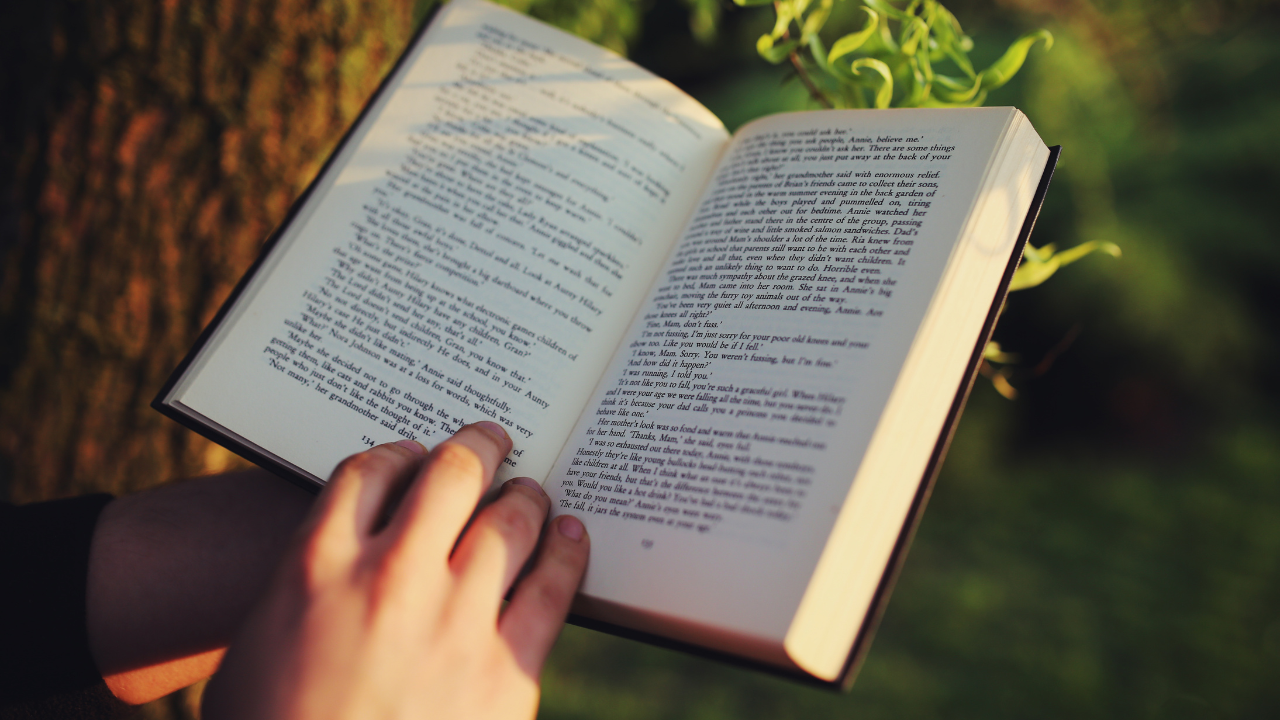Last year, between January 1 and August 31, 2023, the American Library Association reports receiving 695 attempts to censor library materials and services for more than 1900 unique titles. That follows the record breaking number of book censorship demands in 2022, up 38% from the previous year.
Last year, widespread demands for book bans swept across the United States. Iowa became the first state to cancel book bannings, and Florida introduced a new book law.
Changes have been unfolding in the book scene for the entirety of the past year. Two things perhaps stood out the most, i.e., a horrifying rise in book censorship and banning demands. Amid such tumult, libraries across the nation may struggle to survive.
Book Bans Sweep the Land
The censorship challenges targeted schools, public libraries, and even prison libraries. U.S. school boards can choose what books to keep and which ones to block from their libraries. Thus, these libraries often have to succumb to parental and board pressure. There is no clear legislation to help in this situation either. The Supreme Court last ruled on this matter in 1982. What’s even more concerning is that a lot of the book ban demands target books for or by people of color or from the queer communities.
The State of the States
Florida
Florida has seen its share of ups and downs recently. On July 1, things took a turn for the worse when Gov. Ron DeSantis passed a law that needs school districts to remove books that have any text that the authorities deem as “sexual conduct,” which, in turn, is defined by the states. Experts and educators across the board raised concerns over fears that a lot of canonical and essential literature could go missing from school library shelves due to the generalized language used in the law. People may easily interpret the policy to restrict book access according to personal and political preferences.
That said, not all hope seems lost. U.S. District Judge T. Kent Wetherell II from Pensacola gave the go-ahead to a lawsuit against the Florida Panhandle school district that removed books related to race and queer identities from its libraries.
Katie Blankenship, Director of PEN America, Florida, issued the following statement in response to the decision:
“Today, we urged the court to vindicate the constitutional rights of students, parents, authors, and publishers. We are heartened that Judge Wetherell agreed and that our case can proceed. These books need to be returned to the shelves where they belong, and every day that students are refused access is a day they’re not getting the high-quality education they deserve. This case cuts to the heart of who we are as a country, and for the sake of our children and the future of our democracy, it’s critical that we adhere to the language of the First Amendment and the precedents of our federal courts.”
“We are gratified that the Judge recognized that books cannot be removed from school library shelves simply because of the views they espouse, and are looking forward to moving forward with this case to protect the constitutional rights of the plaintiffs,” said Lynn Oberlander of Ballard Spahr, who is representing the plaintiffs. The federal lawsuit alleges that the Escambia County School District and its School Board violated the First Amendment by removing ten books.
Illinois stops book censorship
In June this year, Gov. Pritzker signed a bill outlawing book banning in the state. House Bill 2789 amended the Illinois Library System Act “ … to encourage and protect the freedom of public libraries and library systems to acquire materials without external limitation and to be protected against attempts to ban, remove, or otherwise restrict access to books or other materials.” With that, Illinois became the first U.S. state to stop book bans.
The State of Iowa
In 2023, federal Judge Stephen Locher stopped key parts of SF 496 from taking effect. The Iowa law prohibited schools from stocking books containing gender identity and other queer elements. Judge Locher rightly predicted that the language used in the law generalizes things so much that it could end up censoring over 500 books, including some literary classics and self-help books.
Initially, the state claimed that the books in a library constitute “government speech,” which is not subject to First Amendment free speech protections. Judge Locher rejected this claim, saying that libraries are limited public forums subject to First Amendment protection. So, the government cannot force their viewpoints and restrictions on them.
The Digital Dilemma
Libraries traditionally acquire, preserve, and catalog texts before lending them confidentially. This means anyone could check out any available book with the assurance that their details would remain private. But with the advent of the digital area, situations got a tad dubious.
Libraries today cannot usually own digital books outright. The digital books that libraries get come with restrictive licenses that need them to keep making payments as one would a streaming service. Digital books are often taken off digital shelves and altered without the library’s awareness or consent. Worst of all, when one borrows these books, one cannot expect their details to be private, with anyone from distributors, publishers, and retailers tracking user data and sharing them with advertisers.
This article originally appeared in the Wealth of Geeks.






Reading your post is like a journey through a picturesque landscape of thought – full of color, depth, and light! If you ever decide to publish a book, you’ll surely find a devoted audience waiting for it!